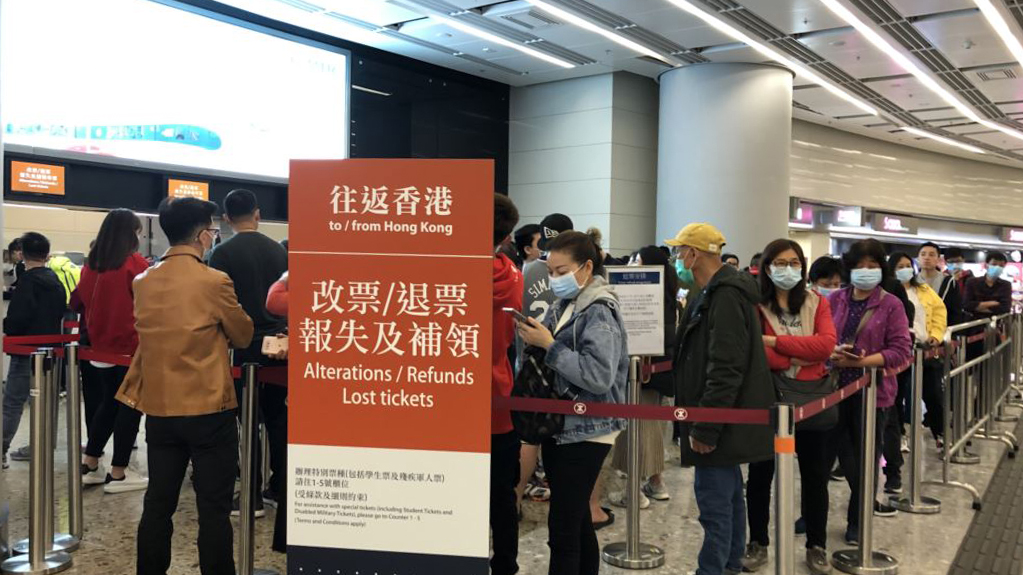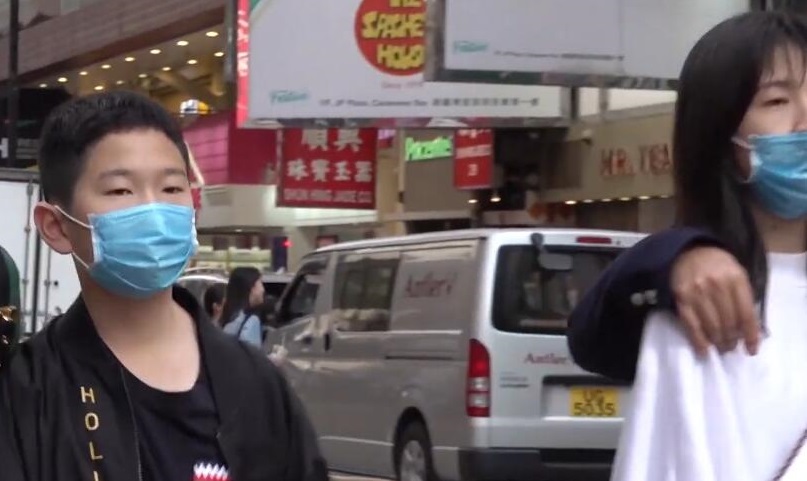
Novel Coronavirus: what do I do if my employee is quarantined or put under medical surveillance?
By Duncan Abate, Hong Tran and Jennifer Tam of law firm Mayer Brown.
Under the Prevention and Control of Disease Regulation if a health officer has reason to believe that a person has been, or is likely to have been, exposed to the risk of contracting an infectious disease (of which 2019-nCoV is one), then the health officer may place that person under quarantine or medical surveillance.
If an employee is required or ordered by a health officer to be put under medical surveillance or quarantine, he/she will be issued with a medical certificate with the statement of "under medical surveillance". The employer will need to grant the employee sick leave in accordance with the Employment Ordinance and/or the relevant contract of employment.
As the number of reported cases of the Novel Coronavirus (2019-nCoV) continues to rise and authorities ramp up preparations to handle possible contagion, so too must employers. Hong Kong is no stranger to handling virus outbreaks. Experience says taking preventative measures, remaining vigilant and preparation is key.
The main areas of an employer's legal liability associated with the Novel Coronavirus in the workplace include:
- Ensuring so far as reasonably practicable the workplace health and safety of employees (i.e. obligation under the Occupational Safety and Health Ordinance ("OSHO") and common law duty of care);
- Complying with obligations under the contract of employment and the Employment Ordinance ("EO") (e.g. continuing to pay wages, ensuring the employee works within the terms of the contract of employment);
- Complying with the Disability Discrimination Ordinance ("DDO"); and
- Complying with the Employees' Compensation Ordinance ("ECO") (e.g. having appropriate insurance and timely reporting of illnesses/death). As well as the legal requirement for an employer to take out the appropriate insurance under the ECO, it may also wish to consider business interruption insurance, medical insurance and evacuation cover.
Can I direct my employees to go home or stay at home if there is an outbreak?
Yes, but it depends. If the employee is infected with the Novel Coronavirus and keeping him or her away from the workplace is reasonably necessary to protect public health, then the employer may direct the employee not to attend at the workplace. The employer should continue to comply with its obligations under the contract of employment (e.g. to pay wages).
Do I have to continue to pay wages and provide other employment-related entitlements during a Novel Coronavirus outbreak?
Yes. The contract of employment will continue during a Novel Coronavirus outbreak unless the employment has ceased. An employer cannot refuse to pay wages simply because the employee is unable to attend the workplace or perform any work because of an outbreak.
Can I direct my employees to report suspected cases of the Novel Coronavirus?
Yes, in the event of a Novel Coronavirus outbreak, in our view, it would be lawful and reasonable to ask an employee to report if s/he suspects s/he has the Novel Coronavirus.
Can an employee lawfully refuse to attend work if there is a Novel Coronavirus outbreak?
It depends but is possible. An employee can only lawfully refuse to attend work if s/he reasonably fears for her or his health and safety by doing so. Section 10 of the EO entitles an employee to terminate his contract of employment without notice or payment in lieu if s/he reasonably fears physical danger by violence or disease which was not contemplated by his contract of employment expressly or by necessary implication. If an employer requires an employee to attend work in these circumstances, it is likely to be in breach of the OSHO.
Can I screen employees and customers before allowing them to enter the workplace?
Maybe. Depending upon the extent of the outbreak, the screening of employees and customers may be a reasonable step for an employer to take to reduce the risk of its employees being exposed to harm. However, depending upon technological and medical testing limitations, there may be logistical and privacy issues with undertaking any such screening in a timely and effective manner before gaining entry to the building.
Health and safety issues relating to the Novel Coronavirus may be at the forefront of employers' minds over the coming weeks or months. We will continue to keep you informed of any new developments and/or guidelines issued by the Government.






